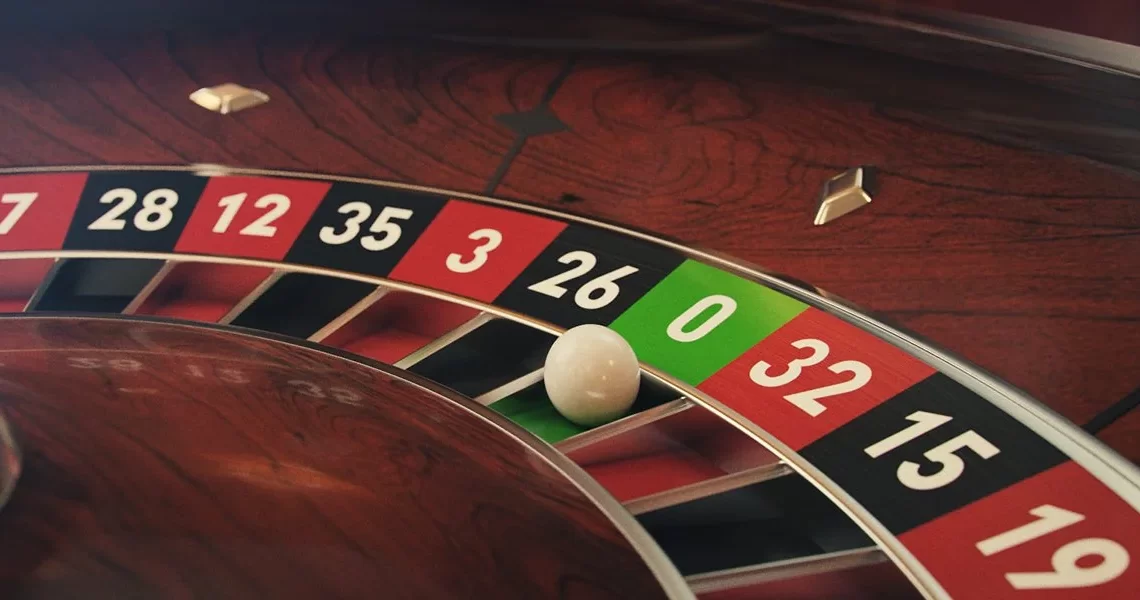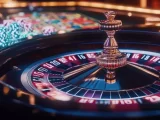
Why You Shouldn’t Rely Solely on Roulette Strategy
December 16, 2024Roulette may be a game of chance, but you can increase your odds of success by following some basic rules. Furthermore, learn to manage your bankroll effectively; for instance setting a loss limit and sticking with it can help.
People who think of themselves as lucky tend to reap greater rewards in life than those who don’t believe this way, due to being more likely to recognize, create, and take advantage of opportunities; they are also generally more generous.
Game of chance
Roulette is a game of pure chance where its outcome is decided solely by which numbered pocket a randomly dropped ball lands in. Unlike in games like blackjack where skill can give an edge over the house. Over time, players have attempted to beat casinos using betting systems which claim to predict odds for every spin; such strategies often rely on the gambler’s fallacy that states past results can influence future results.
As luck cannot overcome the house edge alone, betting systems that rely solely on gambler’s fallacy can lead to irrational decisions and actions by players that inevitably lead them into more losses than victories – because odds always favor one side over the other. A balanced approach to risk assessment and strategy will allow a player to increase their odds for success and maximize potential winning potential.
Game of skill
Though there is no surefire method for winning roulette, certain strategies may help you play smarter. For instance, it is key to manage your bankroll carefully and employ betting systems strategically; additionally, do not hesitate to quit when losing money – these skills will keep discipline alive and allow wins to last longer!
Some players fall prey to the gambler’s fallacy, an error in logic which assumes past results are an accurate reflection of future ones in games of chance. For example, if your wheel has repeatedly landed on red, it is easy to believe it “owes” it black; this misguided thinking can lead to irrational decisions and actions taken as a result of these seemingly rational assumptions.
As a rule of thumb, it’s wiser to select bets with higher payouts and better odds in order to maximize enjoyment while limiting losses. Furthermore, high-risk bets with lower winning odds must also be avoided in order to maximize enjoyment and minimize losses.
Game of psychology
Roulette may be a game of chance, but players can try to reduce losses by employing some strategies. Such approaches could help players decide how much and when to bet. They could also help identify personal playing patterns which provide valuable insights for future sessions.
The Labouchere system is an intricate betting strategy with potential to deliver significant wins, though it requires both a large budget and some skill to successfully execute. It involves adding and subtracting units to your original bet after every loss or win to minimize losing streaks while making increasingly larger bets.
Martingale betting strategy is another popular roulette approach, wherein after every loss, your bets are doubled to try and recover losses and ultimately turn a profit. Unfortunately, this approach can prove risky as too many consecutive losses could cause huge financial consequences.
Game of luck
Luck plays an integral part in roulette, making it one of the most beloved casino games. To ensure maximum enjoyment and success, players should familiarize themselves with its nuances to maximize enjoyment and avoid unwarranted impressions or bad judgment which could result in financial losses.
Example: Repeated appearances of a number do not increase its probability for appearing again when playing roulette – every wheel spin is independent from those preceding it, so avoid the “gambler’s fallacy,” the misperception that past outcomes influence future outcomes.
Though mathematically impossible to beat roulette with a betting system, many still attempt. Even-money bets present the lowest house edge at only 1.35% – thus making such strategies potentially profitable if a player does not lose all their money quickly; however they may backfire if gamblers keep increasing their bets until hitting their limit or running out of funds.






